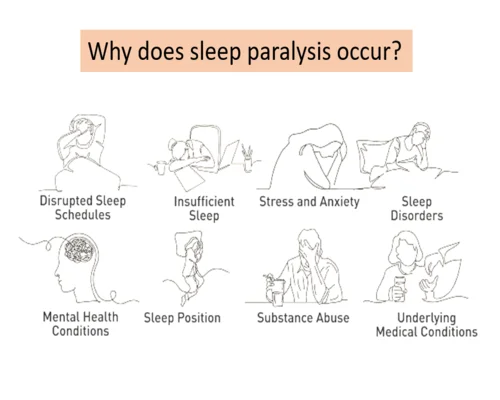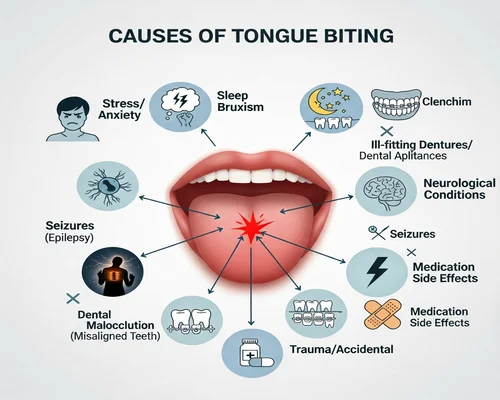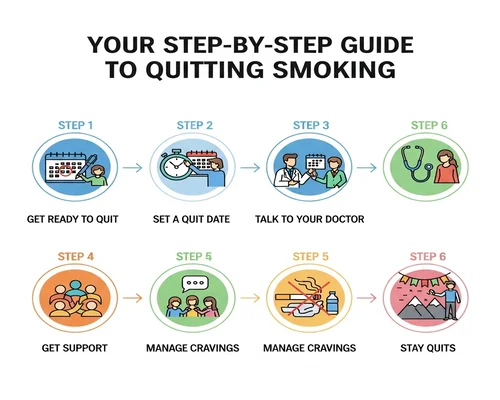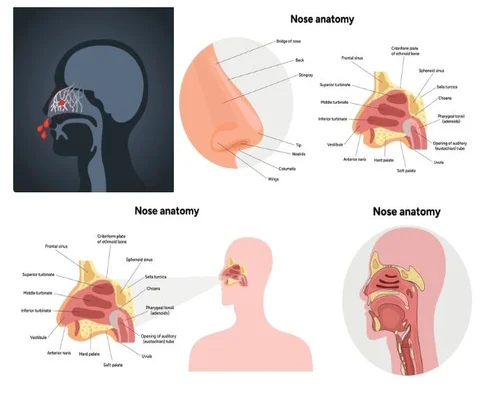
Why do migraines occur when you go out in the sun or outside?
Why do migraines occur when you go out in the sun or outside?
There are several reasons why migraines occur when you go out in the sun. The main reasons include excessive heat, intense light, and weather changes. In summer, the body temperature increases and the air pressure decreases, which increases the tendency to get migraines.
In more detail:
Excessive heat:
Excessive heat and humidity are common triggers for migraines. When the body temperature increases due to heat and the blood vessels dilate, migraines can occur.
Intense light:
Intense sunlight or bright light can cause migraines for many people. This is called photophobia, which is a common problem among migraine sufferers. Intense light can start a migraine by sending signals to the brain through the eyes.
Weather changes:
Migraines can occur when the temperature or air pressure suddenly decreases or increases. In particular, migraines are likely to occur when the air pressure decreases before or after a storm.
Other causes:
Excessive stress, lack of sleep, certain foods or drinks (such as coffee, alcohol), and hormonal changes can also cause migraines.
Why does going outside cause migraines?
There are several reasons why going outside can cause migraines. The main causes include sunlight, extreme temperatures, noise, and pollution. Also, it takes time for the body to adapt to the outside environment, which can cause migraines.
Some common factors that can trigger migraines when going outside are:
Sunlight:
Intense sunlight or bright light can cause migraines for many people. Sunlight is harmful to the eyes and can affect the brain through the eyes, which can trigger migraines.
Temperature changes:
Migraines can occur when the body temperature changes rapidly due to heat or cold. A sudden increase or decrease in temperature upsets the body balance, which can increase the pain of a migraine.
Noise and pollution:
Noisy environments and the noise of vehicles, construction noise, etc. can cause migraines for many people. In addition, air pollution also increases the problem of migraines.
Sudden environmental changes:
When you suddenly go from cold or hot weather to another environment, the body takes time to adapt to that environment. During this time, the body experiences stress and migraines can occur.
Food and drink:
Migraines can also occur due to irregular eating or not drinking enough water when going outside.
Stress:
When you go outside, stress due to work or other reasons can increase, which can cause migraines.
Things to do:
Use sunglasses when going outside.
Wear light and comfortable clothes.
Drink enough water.
Eat regular meals.
Avoid noisy environments.
Take rest if necessary.
If migraines occur frequently, you should consult a doctor.
Why does rain water fall on your head?
The main cause of migraines when rainwater falls on the head is the change in weather and the resulting barometric pressure. Rain causes a decrease in air pressure, which can create pressure in the sinuses and create a chemical imbalance, which can cause migraine pain.
In more detail, when the weather changes due to rain, some things can trigger migraines:
Air pressure changes:
Air pressure decreases during rain, which can affect the inside of the head or blood vessels in the brain, which can cause migraines.
Humidity:
Rain increases the humidity in the air, which can cause migraines for some people.
Temperature changes:
The temperature can drop or rise during rain, which can make migraines worse for some people.
Noise and light:
The noise and light changes from rain can also trigger migraines in some people.
If your migraine is caused by rain, you can follow these tips:
Use an umbrella and cover your head when going out during rain.
Clean and dry your head thoroughly after rain.
Stay away from humidity.
Drink plenty of water.
Try to reduce stress, which can make migraines worse.
If the problem is severe, consult a doctor.
Why do migraines occur in extreme winters?
The main reason for migraines in extreme winters is the change in weather and the constriction of blood vessels due to cold. In addition, dry weather, low humidity, and less sunlight in winter can also increase the problem of migraines.
Let us know the reasons in detail:
Weather changes:
In winter, there are sudden changes in temperature and air pressure, which can be triggers for migraine sufferers. When the temperature drops suddenly or the air pressure drops, the blood vessels in the brain can constrict and dilate, which can cause migraines.
Cold and dry air:
In winter, cold and dry air makes the nasal passages dry and rough, which can cause sinus headaches. Also, cold weather can constrict blood vessels, which can reduce blood flow to the brain and cause headaches.
Low humidity:
In winter, the humidity of the air decreases, due to which the body can become dehydrated. Dehydration in the body is a common cause of headaches. Also, dry air can cause sinusitis and this can also lead to headaches.
Hormonal changes:
Some hormonal changes occur during winter, which can create problems for migraine sufferers. Hormonal imbalances can worsen migraine problems.
Sensitivity to light and sound:
A common symptom of migraine is increased sensitivity to light and sound. There is less daylight in winter and there is often cloudy weather, which can be a trigger for migraine sufferers.
Lack of physical activity:
Many people spend more time indoors during winter, which results in reduced physical activity. Lack of physical activity can also be a cause of migraine.
Migraine problems increase in winter ...
A combination of these factors can increase migraine problems in winter. Therefore, you should be careful and take necessary measures to prevent migraines in winter.
Why does talking too much cause migraines?
There is a possibility of migraines from talking too much or excessive mental stress. When someone talks too much, brain activity increases and this can lead to migraines in some cases. In addition, migraines can also be caused by excessive stress, insomnia, or certain foods.
Some other reasons are mentioned below:
Stress:
Excessive talking or stress is a common cause of migraines. When someone is stressed, migraines can occur due to the release of certain chemicals in the brain.
Physical exertion:
Excessive physical exertion or exercise can also cause migraines.
Certain foods:
Excessive consumption of certain foods such as chocolate, cheese, coffee, etc. can cause migraines.
Other reasons:
Migraines can also be caused by hormonal changes, changes in the environment, noise, light, etc.
If migraines occur frequently, a doctor should be consulted. The doctor can diagnose the cause of migraines through some tests and recommend appropriate treatment.
Some tips that can help prevent migraines:
Use sunglasses when going outside.
Wear light-colored clothing, which will help regulate body temperature.
Keep your body hydrated by drinking enough water.
Try to reduce stress, such as doing yoga or meditation.
Exercise regularly and get enough rest.
If you are prone to migraines, avoid sunlight.
Be careful if you need to stay in extremely hot or cold weather for a long time.


























